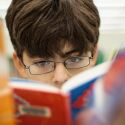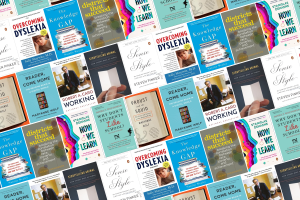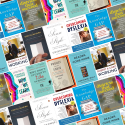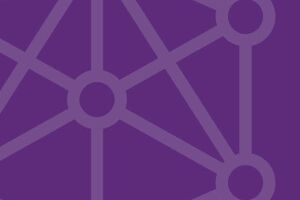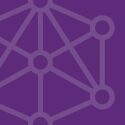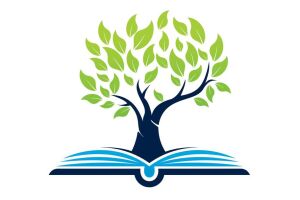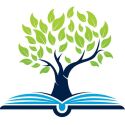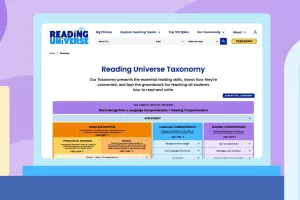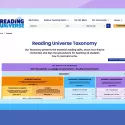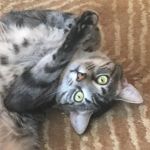At Planet Word, we believe that literacy is an issue that impacts us all. Reading is not just a skill, it’s a fundamental human right that opens doors, builds foundations for a lifetime of learning, and fosters a more empowered society. But in the U.S., literacy trends are moving in the wrong direction. Too many adult Americans can’t read at a functional level, and most students continue to fall far short of proficiency in reading.
In recognition of National Literacy Month this September, we’ve curated a selection of resources about the vital importance of literacy and the science of reading that you can view below.
What is the “science of reading”?
According to The Reading League, the science of reading is “a vast, interdisciplinary body of scientifically-based research about reading and issues related to reading and writing…[that] has culminated in a preponderance of evidence to inform how proficient reading and writing develop; why some have difficulty; and how we can most effectively assess and teach and, therefore, improve student outcomes through prevention of and intervention for reading difficulties.”

